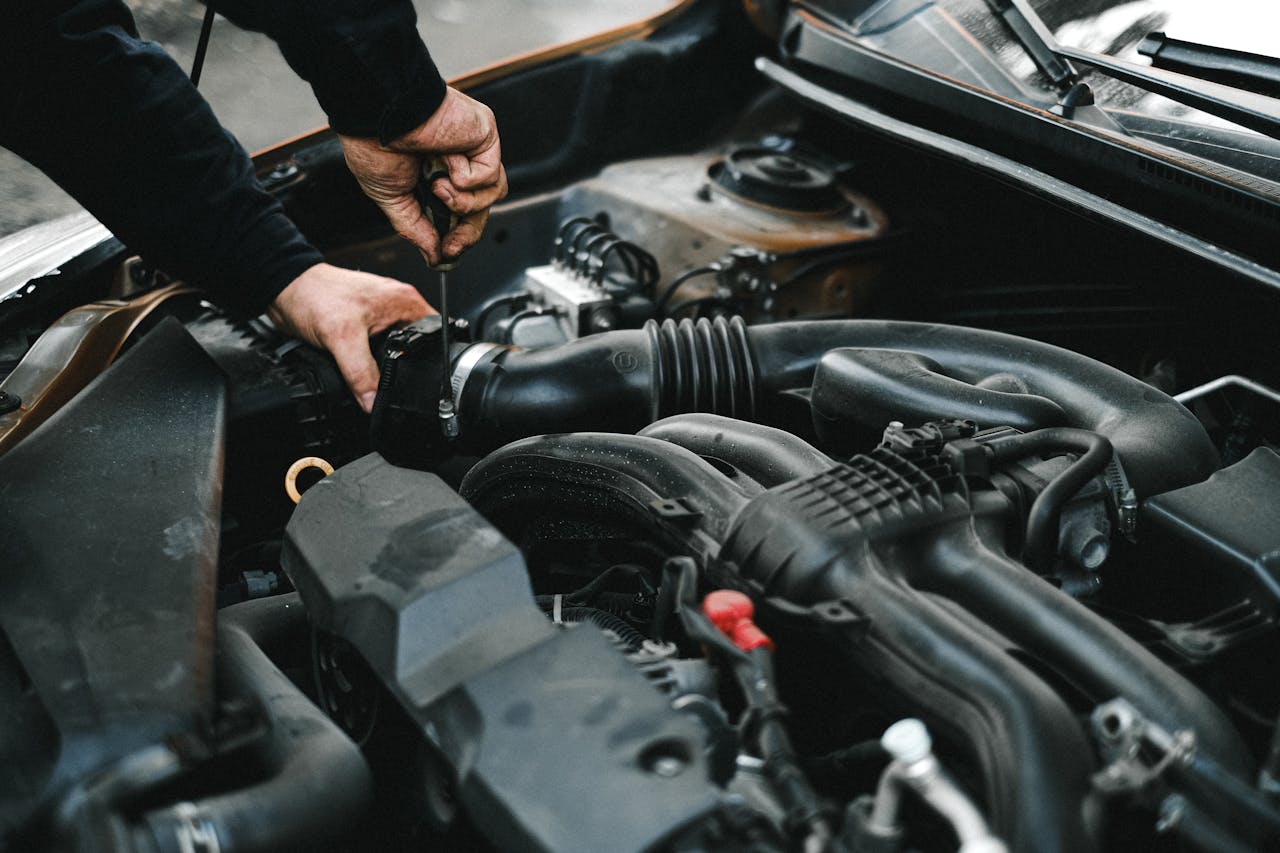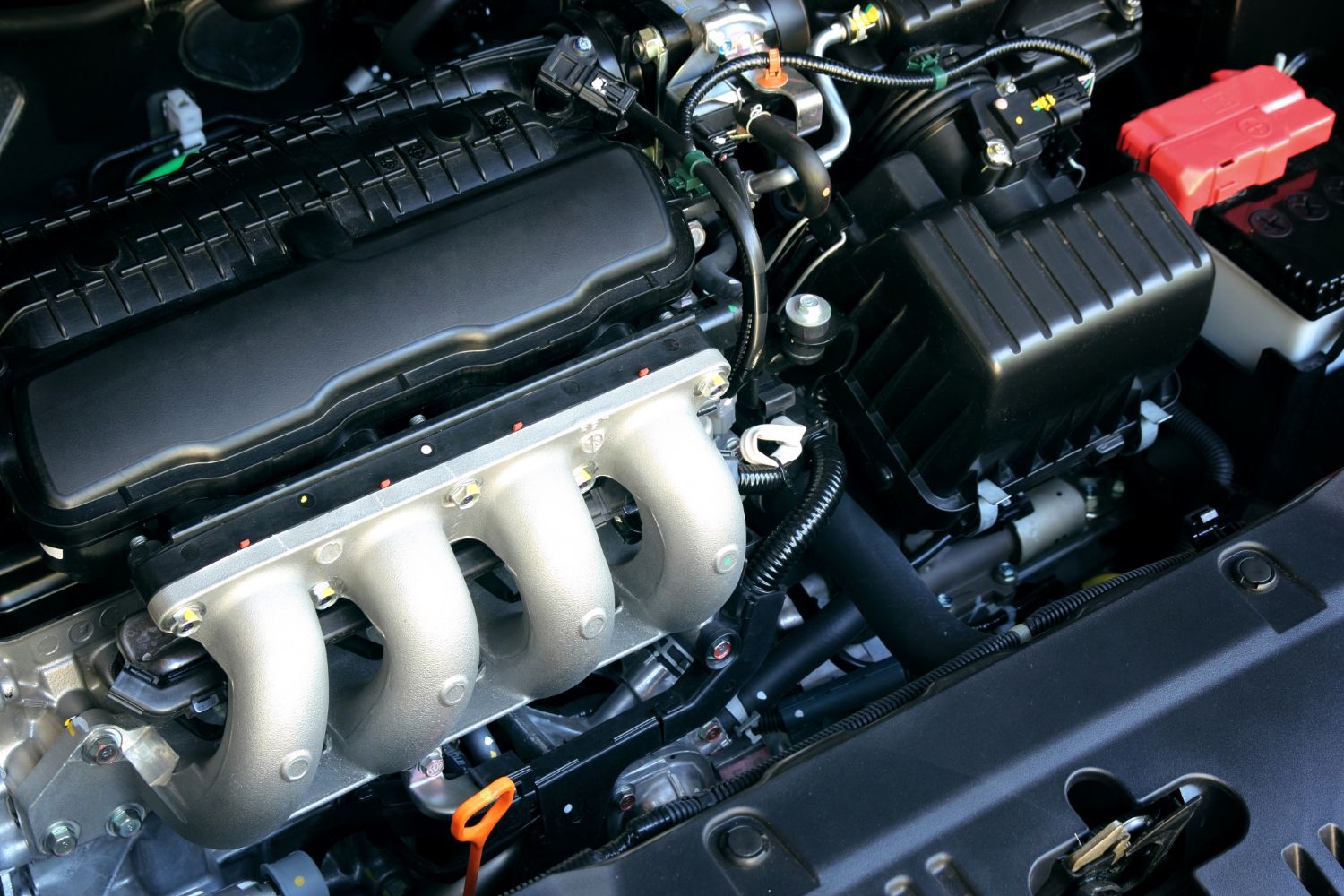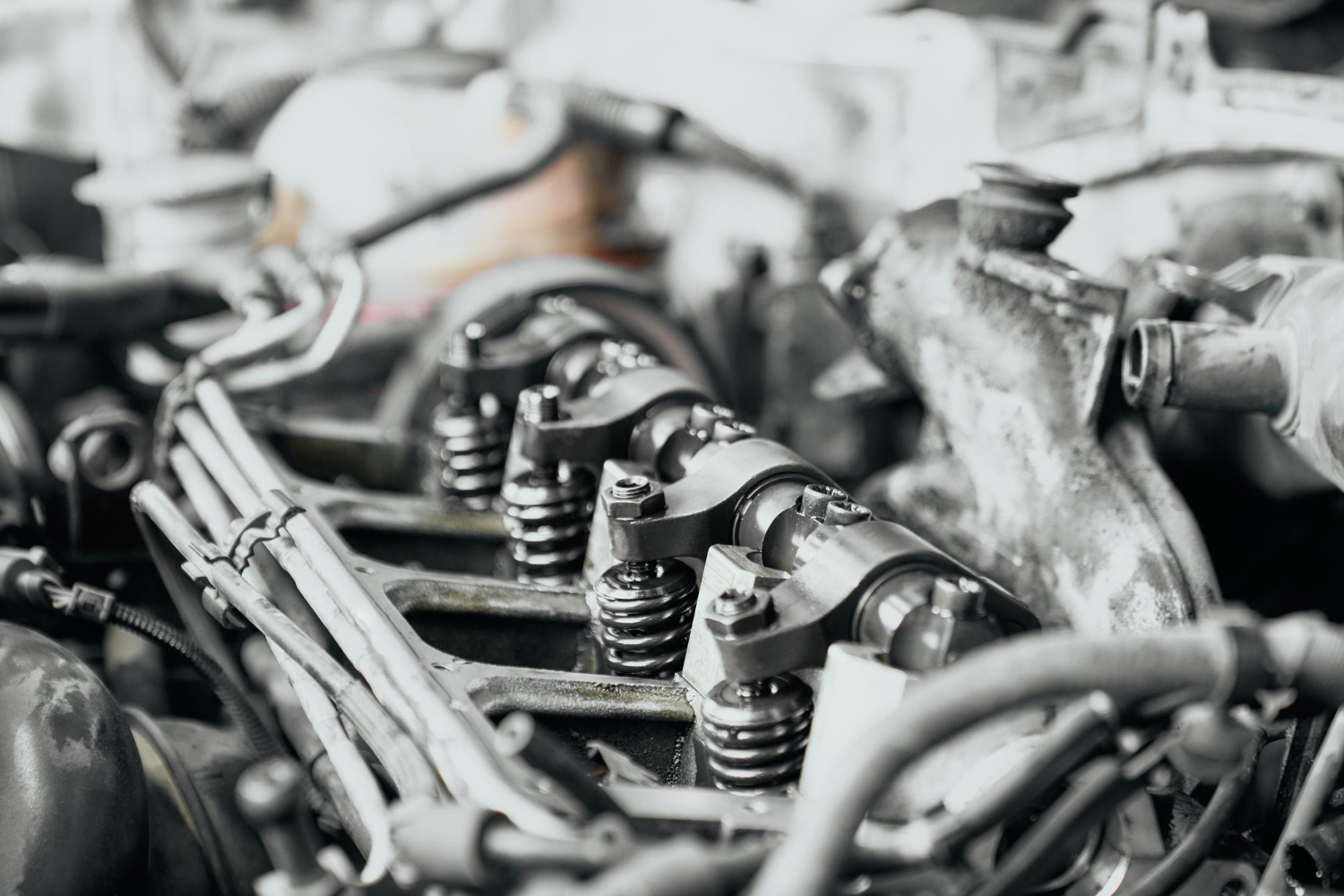A used engine can be a smart choice when you’re trying to keep your vehicle going without spending too much. It gives life to a car that might otherwise be parked for good. Still, no engine lasts forever. Sooner or later, even the strongest replacement will start to wear out, leaving drivers wondering when it’s time for the next big step.
If you’re running on a used engine in Houston, TX, it helps to know the warning signs before your daily routine gets affected. Whether it’s a sudden breakdown or a string of small issues building up, recognizing the right time to swap out a used engine can make the difference between a simple fix and a long-term headache.
Signs Your Used Engine Might Be Wearing Out
Engines often give warnings when something isn’t right, even if they’re still technically running. Paying attention to those early signs can prevent bigger problems down the road.
• If you start hearing knocking, ticking, or tapping noises from under the hood, it may be a sign of parts wearing down inside the engine. Those sounds often point to stress or damage that can grow worse quickly.
• Smoke from the exhaust that’s thick, dark, or lasting for a long time usually means oil is burning in the engine. This can be tied to worn piston rings or valve seals, which signal deep trouble.
• Another red flag is having to top off fluids constantly. If your car is burning too much oil or losing coolant without a clear leak, the engine may be the cause.
• Trouble starting the engine or regular overheating could mean internal wear has made the system unreliable. When you’re unsure if the car will start in the morning, it may be time to consider a replacement.
How Long a Used Engine Typically Lasts
There’s no set number of miles that guarantees a used engine will last, but a few factors make a big difference. Age, how many miles it already had when it was installed, and how clean and tight the rebuild was all play a part.
A used engine that came from a well-cared-for vehicle and was installed properly can go several more years without problems. But if it wasn’t maintained or was already stressed before reuse, it may not last long at all.
What you do after the install matters, too. Skipping oil changes and pushing the engine too hard adds up. Stop-and-go driving without long runs to stretch the oil and fuel systems increases wear, especially over time. Good habits don’t guarantee long life, but they improve the odds.
Houston-Specific Factors That Affect Engine Performance
Houston has a climate and driving style that can challenge used engines in subtle ways. The heat and humidity often make engine cooling systems work overtime. Older parts may not handle that strain well, especially if the radiator, fan, or thermostat isn’t performing at full strength.
The city’s frequent traffic and shorter trips can take a toll on moving components. When a car doesn’t get up to full operating temperature or spends too much time idling, it can wear down certain core systems faster than expected. Add in heavy air pollution, pollen, and summer dust, and filters can clog more easily, choking off clean airflow that engines rely on daily.
Even seasonal changes matter. In February, days are cooler and sometimes damp, which can help spot certain problems like engine hesitation, uneven idling, or longer cranking. These are issues that tend to show up first during temperature swings before warmer weather sets in.
When a Repair Isn’t Enough
We’ve seen engines patched again and again until the cost of continuing doesn’t make sense. Constant repairs can chip away at your time and your wallet. When you’re replacing sensors, gaskets, or belts every few months, it’s worth asking whether the root issue is deeper.
If the engine block is warped or the internal components are severely worn, temporary repairs won’t hold. They’ll give just enough relief to get through the week, but not much beyond that.
It’s also worth watching for a pattern. If you’re stuck at the shop regularly and facing longer fix times or higher costs every visit, the engine itself may need to go. Replacing it in one step rather than limping along might save you trouble down the line.
What to Know Before Replacing a Used Engine
If you’re thinking a replacement is the right move, don’t rush into it. Here’s where a bit of planning helps.
1. Make sure the replacement is compatible with your vehicle’s year, make, and model. Even a small difference can affect fit or performance.
2. Ask for details about the history of the engine. You’ll want to know about mileage, general condition, and any past repairs. Checking whether it passed compression testing also gives clues about internal health.
3. Timing the replacement matters. February in Houston is still cool, which means mechanics often have more scheduling flexibility. It’s easier to do engine work now before the spring temperatures return and cars around the city start overheating at higher rates.
Thinking ahead and asking the right questions gives you peace of mind and can make the process a lot smoother.
Know When It’s Time to Move On
Continuing to drive with a failing used engine often does more harm than good. The stress of wondering, “Will it start today?” wears on people, especially when there are other responsibilities pressing in.
Paying attention to how the engine sounds, drives, and responds each day helps catch issues early. That gives you time to plan instead of reacting to a breakdown at the worst moment. Replacing a used engine may feel like a big step, but with the right preparation, it can be a smart decision that keeps things running without unexpected interruptions.
When you’re ready to replace your engine and get back on the road trouble-free, Airline Auto Parts is here to make the process straightforward and hassle-free. Explore our extensive inventory to find a used engine in Houston, TX, that matches your vehicle’s specifications and meets your needs.
With quality assurance and a dedicated team ready to assist, you can drive confidently knowing you’ve made the right choice. Reach out to us today, and let’s keep your engine running smoothly.


















